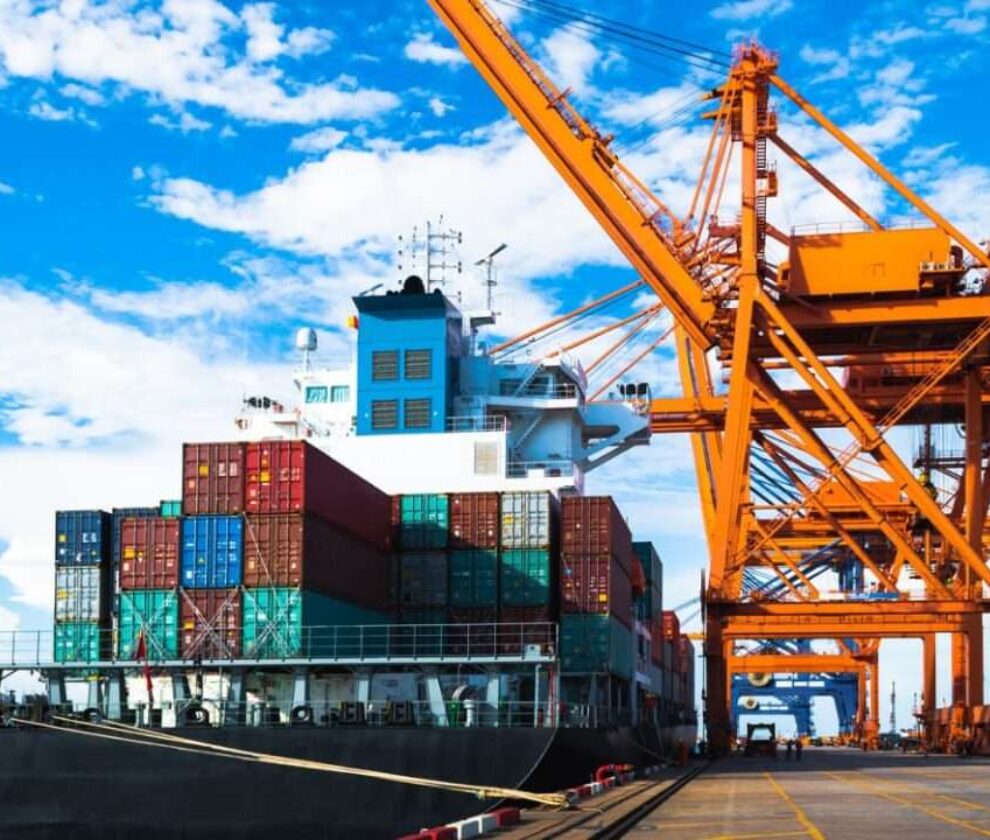The clock is ticking toward 2030, and Bangladesh faces a sobering reality. Despite remarkable progress in poverty reduction and economic growth, the country confronts a massive financing challenge to achieve its SDG targets. While the global SDG financing gap for all developing countries has reached $2.5-4 trillion annually—a 50% increase from pre-pandemic estimates—Bangladesh alone requires $928.48 billion through 2030, averaging $66.32 billion annually according to the country’s General Economic Division. This translates into critical shortfalls across the most vulnerable Sustainable Development Goals, threatening to derail the nation’s ambitious vision of achieving upper-middle-income status by 2031.
The Financing Crisis Behind Bangladesh’s Most Vulnerable SDGs
In Bangladesh, only 47.9% of people have access to safely managed drinking water services, while 84.6% have access to safely managed sanitation services. This stark disparity reveals SDG 6 (Clean Water and Sanitation) as perhaps the most critically underfunded goal. The situation becomes more alarming when examining the broader landscape: all schools surveyed in recent studies had dangerously high E. coli levels in drinking water, posing significant health risks, while household access to water, sanitation, and hygiene facilities directly impacts early childhood education enrollment.
Beyond water and sanitation, SDG 4 (Quality Education), SDG 3 (Good Health and Well-being), and SDG 13 (Climate Action) emerge as Bangladesh’s most vulnerable targets. Each faces financing shortfalls that traditional donor-driven approaches cannot adequately address at scale. For WASH alone, the estimated financing gap stands at $14-15 billion by 2030, according to UNICEF Bangladesh—a figure that dwarfs current aid flows and reveals the inadequacy of conventional funding mechanisms.
Social Bonds: A Proven Mechanism for Sustainable Finance
Social bonds represent a paradigm shift from aid dependency to market-based solutions for development challenges. According to ICMA’s Social Bond Principles, these are use of proceeds bonds that raise funds for new and existing projects with positive social outcomes, promoting integrity through guidelines that recommend transparency, disclosure, and reporting. The four core components—Use of Proceeds, Process for Project Evaluation and Selection, Management of Proceeds, and Reporting—ensure accountability and investor confidence.
What distinguishes social bonds from conventional financing is their ability to mobilize private capital for public good while maintaining market discipline. The principles seek to support issuers in financing socially sound and sustainable projects that achieve greater social benefits, providing transparent social credentials alongside investment opportunities. For countries like Bangladesh, this creates a sustainable financing channel that reduces dependency on external grants while building domestic capital market capacity.
Learning from Success: Indonesia’s Trailblazing Example
Indonesia’s experience offers compelling evidence of social bonds’ transformative potential. In September 2021, Indonesia became the first country in Southeast Asia to issue an SDG Bond in the global debt capital market, raising €500 million (USD 584 million). This landmark issuance carried a coupon rate of 1.3%—the lowest rate for a 12-year tenor bond, demonstrating strong investor appetite for well-structured sustainable instruments.
The Indonesian model provides a blueprint for peer economies. The government created a securities framework to ensure proceeds were directed to appropriate projects, with project selection criteria including indicators for long-term impacts. External validation through CICERO and IISD’s verification process earned a “Medium Green” classification and “Good” governance rating, establishing credibility with international investors.
More broadly, the global sustainable bond market has reached approximately $1 trillion annually, representing 13-14% of total bond issuance, indicating mature investor appetite and proven market mechanisms. This scale demonstrates that social bonds are no longer experimental instruments but established financial products capable of mobilizing significant capital for development.
Quantifying Bangladesh’s Challenge and Opportunity
The scale of Bangladesh’s SDG financing needs varies by sector, but water and sanitation exemplify both the challenge and opportunity. With a $14-15 billion gap through 2030 for WASH alone, traditional financing approaches would require donor commitments exceeding current global water and sanitation aid flows. Quantitative data from 20 countries reveal a WASH funding gap of 61% between identified needs and available financing, highlighting the global nature of this challenge.
However, Bangladesh’s economic trajectory creates unique opportunities. With GDP approaching $2.2 trillion and a growing domestic financial sector, the country possesses the market depth necessary for meaningful social bond issuances. The banking sector’s expertise in SME lending, demonstrated by institutions like BRAC Bank, provides natural channels for proceeds deployment to reach underserved populations effectively.
Strategic Carve-Outs: Maximizing Impact Through Focused Allocation
The key to effective social bond deployment lies in strategic sector-specific carve-outs that address market failures while building investor confidence. BRAC Bank’s pioneering approach—dedicating 10% of their BDT 1,000 crore social bond proceeds specifically to WASH financing—demonstrates how targeted allocations can transform broad mandates into measurable outcomes.
Such carve-outs address three critical market challenges simultaneously. First, they provide investors with clear impact metrics that can be tracked and verified, building confidence in the instrument’s effectiveness. Second, they enable financial institutions to develop specialized expertise in underserved sectors, creating sustainable business models beyond initial bond proceeds. Third, they signal government and regulatory commitment to specific SDG priorities, encouraging complementary policy support and private sector participation.
For Bangladesh, prioritizing carve-outs for the most vulnerable SDGs—particularly water and sanitation, education infrastructure, and climate resilience—could unlock transformational financing at scale. A well-structured social bond framework with dedicated WASH allocation, for instance, could mobilize the domestic savings necessary to bridge the $14-15 billion gap while building the institutional capacity for sustained progress beyond 2030.
The Path Forward: From Fragmentation to System Change
Bangladesh stands at a crossroads where traditional development finance models prove inadequate for the scale of transformation required across health, education, climate adaptation, and essential services. Social bonds offer more than alternative funding—they represent a strategic pathway toward financial system evolution that aligns market incentives with development imperatives across multiple SDG priorities.
The evidence from peer economies, combined with growing global investor appetite for sustainable instruments, creates an unprecedented opportunity for Bangladesh to pioneer innovative financing at scale. By embracing social bonds with strategic multi-sector carve-outs, the country can transform its most pressing development challenges into diversified investment opportunities, ensuring that progress across health, education, climate resilience, and basic services accelerates simultaneously.
The choice is clear: continue relying on increasingly scarce external resources for fragmented sector-by-sector approaches, or build the domestic capacity to finance comprehensive sustainable development through market-based instruments that create lasting value for both investors and beneficiaries. For Bangladesh, social bonds are not just a financing tool—they are the foundation for a new development financing paradigm that ensures prosperity across all SDGs remains within reach.




